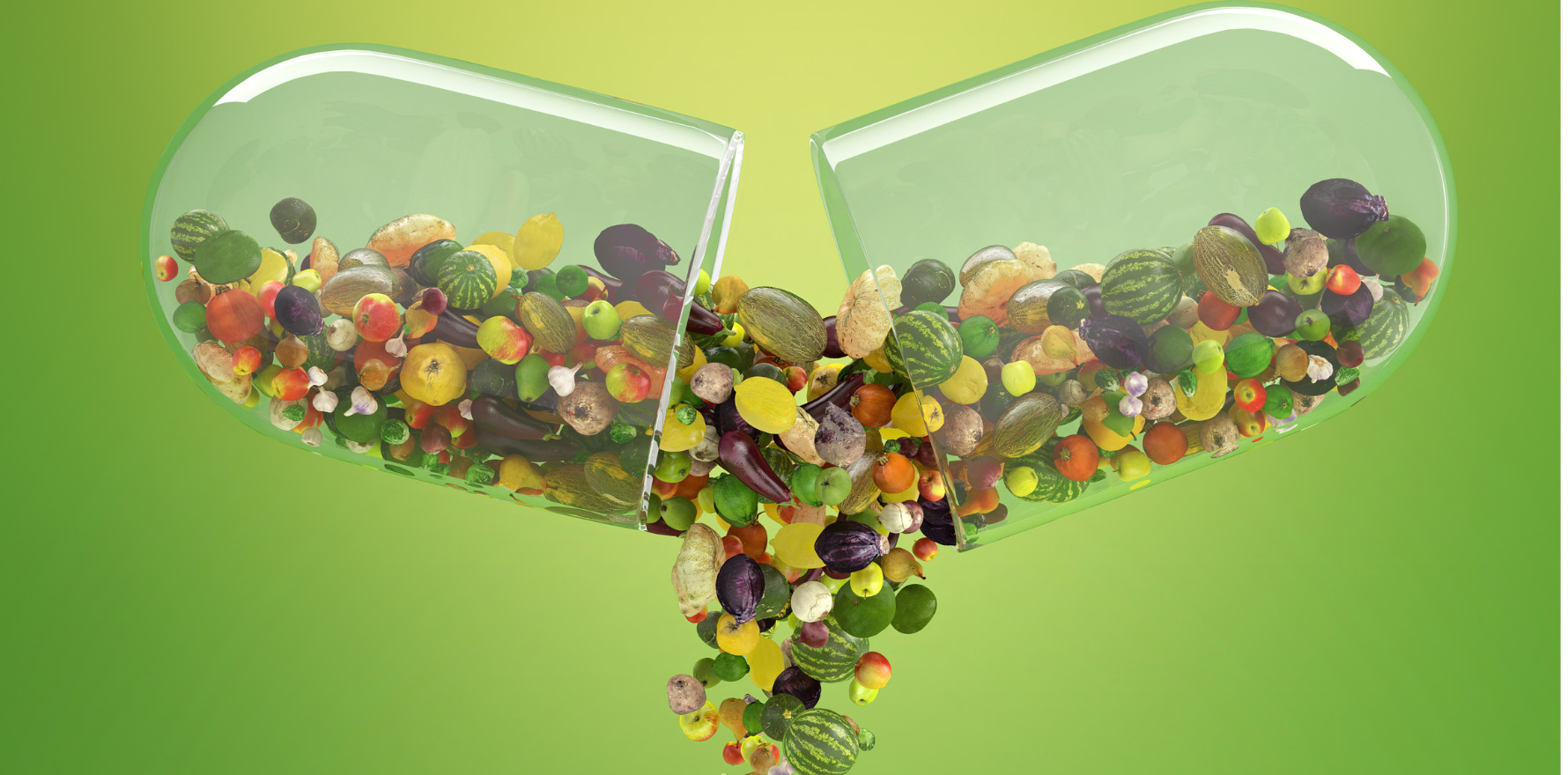Low GI, lower salt, more oily fish and the Mediterranean diet are just some ways to help patients with these conditions.
Practical, evidence-based dietary intervention can help reduce inflammation in patients with rheumatic and musculoskeletal diseases.
In her presentation at the 2021 EULAR congress, rheumatologist and researcher Dr Elena Nikiphorou, from King’s College London, addressed the question of what tell patients with rheumatic and musculoskeletal diseases about diet.
While we’re not yet at a point that we can put diet on the same level as pharmacological treatment in rheumatic and musculoskeletal diseases, she cautioned, there is ample evidence that diet matters in inflammation and expression and progression of disease.
“From the perspective of a rheumatologist, I think it is important that we provide at least some basic knowledge of nutrition to our patients,” said Dr Nikiphorou.
“We should work closely with dietitians and other members of the multidisciplinary team where possible to provide appropriate guidance to our patients.”
Dr Nikiphorou outlined her top diet and nutrition tips for RMD patients:
- Nutrition plays a role in inflammation. We can reduce inflammation when we increase our intake of anti-inflammatory nutrients and decrease our intake of pro-inflammatory nutrients. Good nutrition can also help control and optimise body weight by balancing intake with needs, and help reduce the risk of comorbidities. So, what we eat matters.
- The type of diet you choose matters. The highly processed modern Western diet, high in refined carbohydrates, salt, added sugars and omega-6 fatty acids (all pro-inflammatory nutrients) and low in fibre and omega-3 fatty acids (anti-inflammatory nutrients) could be viewed as the greatest enemy of patients with chronic inflammatory conditions.
- Limit your salt intake. Salt is pro-inflammatory, so use herbs and spices to add flavour to food instead, and use salt during rather than after food preparation. Limit consumption of salty foods (such as crisps) and foods with hidden salt (such as bread).
- Consume foods with a low glycaemic index (GI). Low GI foods raise blood sugar levels more slowly than high GI foods, which can help with managing common comorbidities such as diabetes.
- Oily fish and omega-3 are good. Eat more omega-3s (anti-inflammatory) and less omega-6s (pro-inflammatory), to increase the ratio of omega-3s to omega-6s. You can find omega-3s in olive oil, soybean oil, flaxseed oil and oily fish including sardines and mackerel. Omega-6 is in corn oil, soybean oil, peanut oil, meat, dairy and eggs.
- Show a preference for the Mediterranean diet. It features foods with anti-inflammatory properties such as herbs, oily fish and red wine. Vegan diets have also shown benefits for people with rheumatoid arthritis (RA).
- Increase the amount of anti-inflammatory foods you eat (e.g. whole foods that are low GI, low in added sugar, high fibre and high omega-3), and decrease the amount of pro-inflammatory foods you eat (e.g. processed, high GI foods, foods high in added sugars, trans fats, saturated fats, and low fibre).
- Drink coffee in moderation, as high consumption has been linked to a higher risk for the development of RA. Show preference for green tea, which has anti-inflammatory properties.
- Keep good control of co-existing conditions, such as osteoporosis and osteopenia. Consider vitamin D and other vitamin supplementation where appropriate.
- Maintain an optimal BMI and keep fit. Weight loss is a critical factor in reducing inflammation. The healthier and more active you are, the better for rheumatic and musculoskeletal disease.
EULAR 2021: Are we what we eat? The role of dietary intervention in rheumatic and musculoskeletal diseases (WIN)


